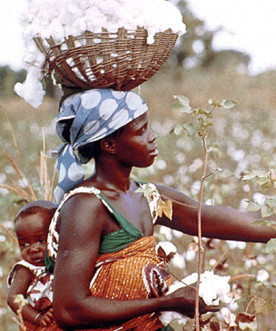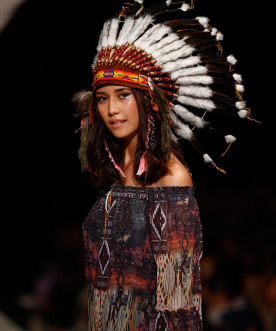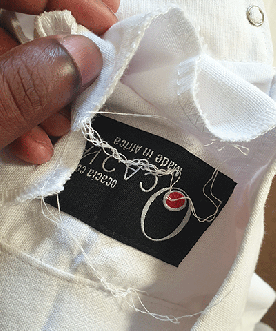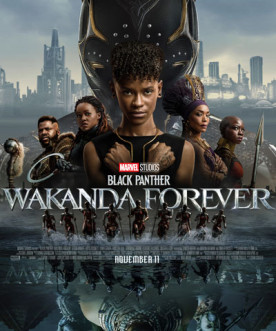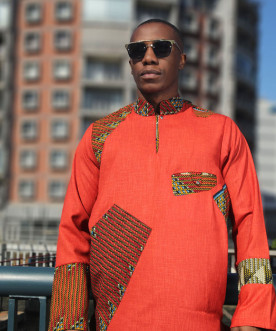Culture and Modernity
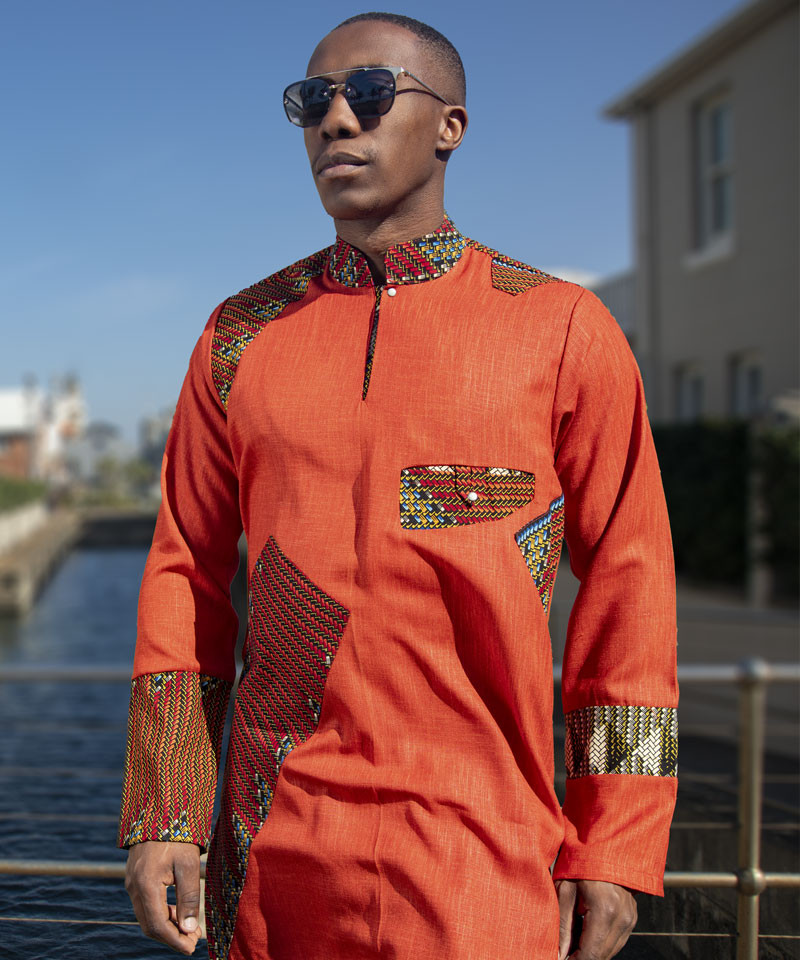
Jun 08 2021
Categories: Dress Politics
Modernity is a technological state and has zero ethical or cultural considerations in its construction. And modernity has nothing to do with degrees of civilization, in the humane usage of the term. Africa can be African and modern with zero compromises to the state of being African and the state of being modern. But somewhere along the way we were sold this idea that our culture must forever live in antagonism with the modern state, which we have been told is the exclusive creation of non-African people.
The most uncivilized inhumane society may have advanced weapons, which they use to destroy nature and other humans. Would it be correct to say that possession of weapons of modern warfare automatically implied civilization? Culture also interacts with modernity at many complex levels, but advancing culture should never mean the retreat of modernity, and vice-versa. No one race can claim everything in modernity. Modernity does not imply West or White. It has been and is the product of a global humanitarian effort.
What is the point of African culture(s) if not to be applied to every aspect of the African world? Why should the values and traditions which have preserved African humanity be replaced with the cultures or value systems of those practiced by Europe? Because to do so is to concede to superiority in European values and cultures. Just when the circumcision rites were being labeled as “irrelevant” the same modern science now discovers the health benefits and lower transmission of STDs among circumcised males. What other revelations lie within the wisdom found in culture?
African cultures have evolved to harmonize with the African soul, body, and mind All are a child of time. Communities enshrine these cultures by practicing them and promoting them. And contrary to what Mugambi and Masolo suggest, there is no evidence, in any record, which shows that people who forget their culture prosper in any meaningful way.[1] And part of the confusion is between “modernity” and “culture.” Cultural values can exist in the most technologically advanced spaces, without challenge. It is a false dichotomy to think that rites of passage is incompatible with modernity or dowry belongs in a bygone era. In Africa, Ptahhotep was credited with authoring The Instruction of Ptahhotep, an early piece of Egyptian “wisdom literature” meant to instruct young men on inappropriate behavior in Ancient Egyptian African society. The rites of passage of Ancient Greeks became the first European universities: So institutionalized into the world it is no longer seen as a direct aspect of European culture. Another almost invisible example is how European Gothic traditions and folklore (witches, vampires and elves) are now transplanted into what is accepted as good Hollywood entertainment.
And the same is true for the billion-dollar video-game industry. So normalized and obvious that the viewer forgets these are just European cultural folklore in modernity. And the failure to place African cultures in a modern context kills Africa’s ability to extract wisdom, success and development from African cultures.
Racism against Africans is not the only force operating on Africa’s cultural agency. Africans have also allowed things to stagnate. In West Africa, a new-rich African goes to Venice to buy European paintings, skipping a magnificent African arts market 4 sec from his door. And this is true all over Africa; craftsmen from Mozambique have to see pieces worth $400 US for $20 US so they can eat. These same crafts are worth $1000s once they fall into the European dealer's markets. No industry can continue to innovate without an economical system of support, that fosters the burgeoning of the arts. So then culture stagnates when the market economies fail to provide incentives to artists. At a future date, Africa will have no high art, only trite touristic caricatures of a distant craft.
Culture and economics for many nations are so normalized the relationships seem invisible. Zumba a dance craze worth millions that not only brings in fiscal rewards but promotes Latin American music all over the world. A perfect example of a cultural economic phenomenon. Where is West Africa in this market with so many rich cultural dances? Where is Reggae in this? And where we see it never are Africans initiators of benefactors economically.
Beyond the overreaching hand of Westernization, many cultures put their foot down in the monocultural stream of globalization to take ownership of their spaces. The Japanese practice Japanese culture in the modern workplace. They did not completely base their work ethos on Europe just because Europe brought technological gifts to Japan in the 19th century (Convention of Kanagawa). So why can’t African attire, for example, be the formal dress code of the governments of Kenya? Is the heavy three-piece suit and tie more “practical” in the Kenyan heat than African garbs? During the Ethiopian 2000 millennium celebrations Meles Zenawi wore traditional Ethiopian clothing on national TV for the first time, the next day the local clothing economy in Addis rose by more than 30%. The same thing happened after Beyonce was shown on TV with full Ethiopian cultural attire. Versace came to the attention of the world when his designs were worn by celebrities, it created a status around his work. Now imagine if Beyonce or Meles wearing the Ethiopian cultural attire creates an entire boast to Ethiopian designers internationally.
If African leadership is not loyal to the local markets what does that say about African markets? After Thomas Sankara came to power in Burkina Faso in 1983, he declared locally woven cotton the national fabric and required civil servants to wear it. With a serious trade deficit,anything that enhances local markets is a critical issue. Not to mention the physiological consequences of seeing Africans wearing their cultural attire and reaffirming a distinctive African cultural heritage that makes Africa unique.
And why also can’t African food be served in all hotels in Africa? Why is Africa treated with a false dichotomy of “modernity” or “culture“? Especially when modernity is a byword for Western culturalization. The real reason most Africans do not take the ethics and the aesthetic of these diverse cultures and put them in modernity is due to mental slavery. Many see African cultures are “backward or impractical” but the truth is most Africans globally do not have the confidence to seek meaningful applications and models for African culture.
One example where this has been challenged and won is with the locks hairstyle, which is seen across the cultural divide. It has left Jamaica and gone to America and ultimately been a successful alternative hairstyle in much of Africa because of Reggae music. (a perfect example of how music was used as a form of agency). From a Caribbean fringe culture to a global success story. But how can Africa alter, change, and utilize what is not understood? It is like going through the cupboard and finding 10 bars of gold and flushing it in the toilet, ignorant of its value. And this is what happened across the globe, burning ancient artifacts, throwing out beautiful art and replacing it with Chinese junk.
Discarding environmentally friendly thatched roofs for galvanizing; trading silver for cheap salt. So European architects are busy investigating applications of the African cultural aesthetic in contemporary designs, while African architects are running around trying to be Black versions of Frank Lloyd Wright. Even the Chinese had no value for the Great Wall of China and other historical monuments until Europeans showed an interest. But the minute they realized its value they capitalized on it and have been doing so ever since.
In Africa’s past when people built mosques, churches, halls for kings, etc, they used their own creativity to formulate an architectural aesthetic. Today you can go anywhere in Africa but will struggle to find that continuing tradition of an African architectural aesthetic. If anyone is engaging an African aesthetic it would be European architects designing game lodges, etc. But not Africans!
Without culture the very meaning of an African identity folds and crumbles. Africa is not just a geographical set of marks on a map, it is the repository of traditions and wisdoms which, build African people’s cultural heritage
Despite the wonderful talk of an African renaissance, there is no evidence of attempts to evolve an all-embracing culture that allows a healthy expression of diversity. Without a mosaic (national) culture that provides room for co-existence, there cannot be an inclusive political philosophy that allows all to become stakeholders in government. Neither can there be a moral order–upon which all development is predicated–without a solid cultural foundation…. Africa’s post-colonial trauma results from institutions, governance and economic development models without any cultural underpinnings–Sam Mwale
original article c/o African Holocaust society
Comment(s)



